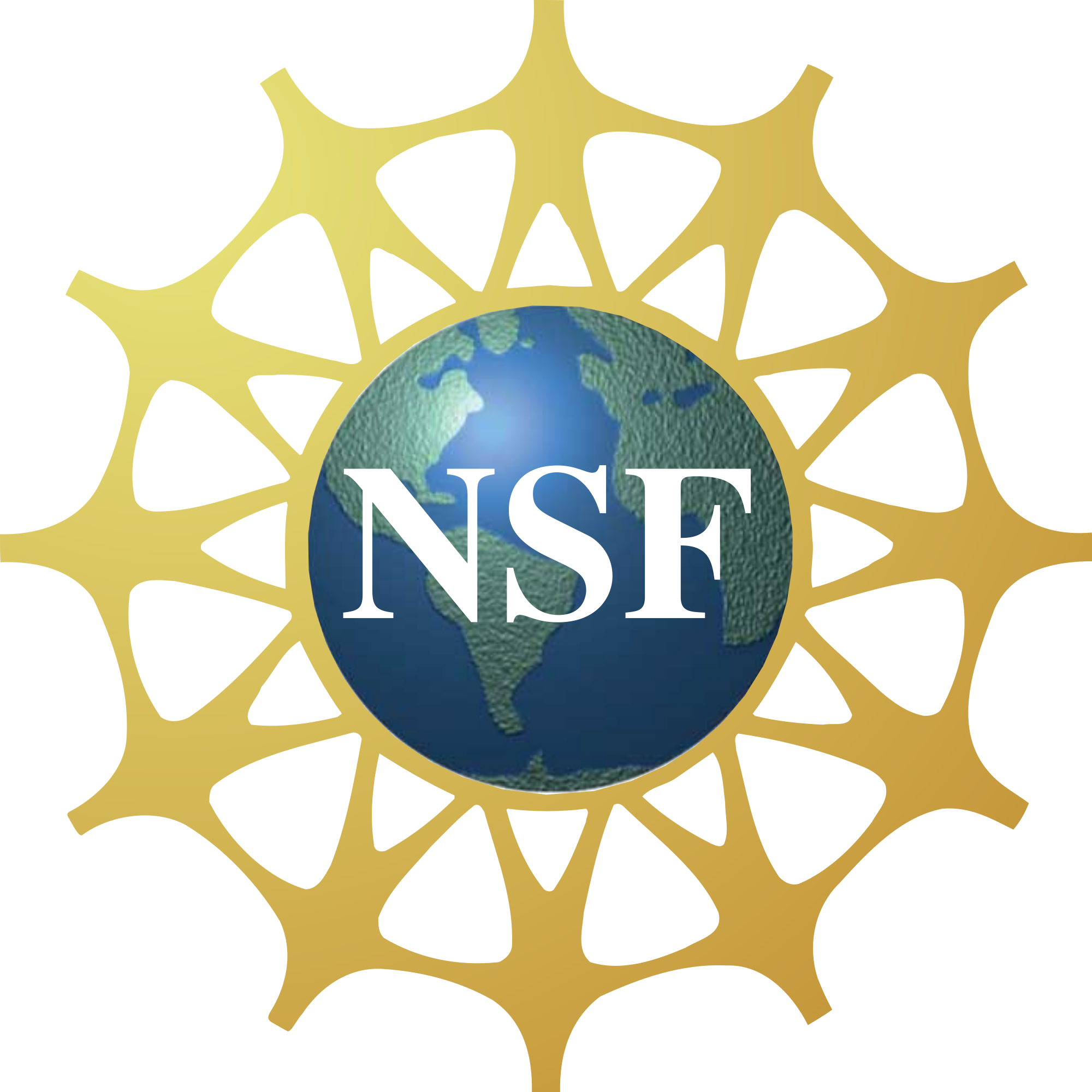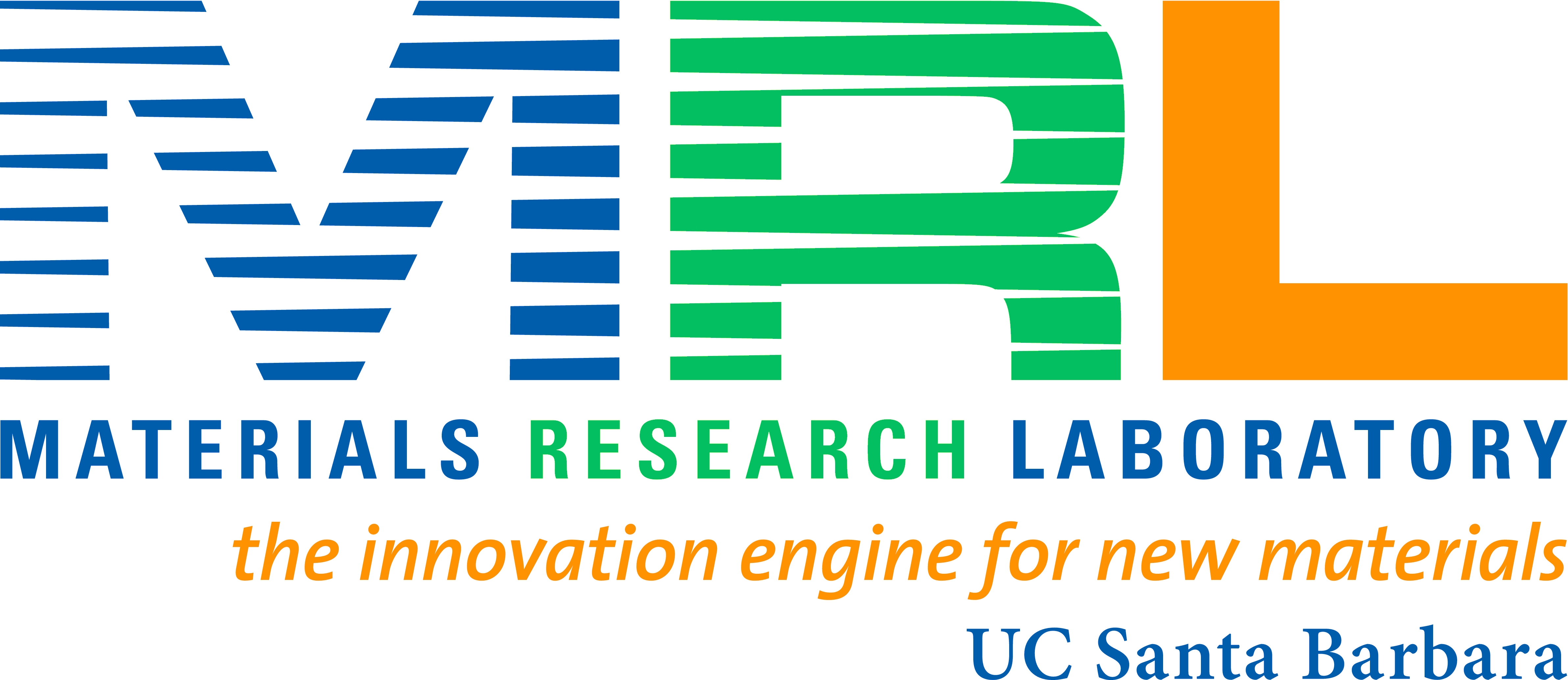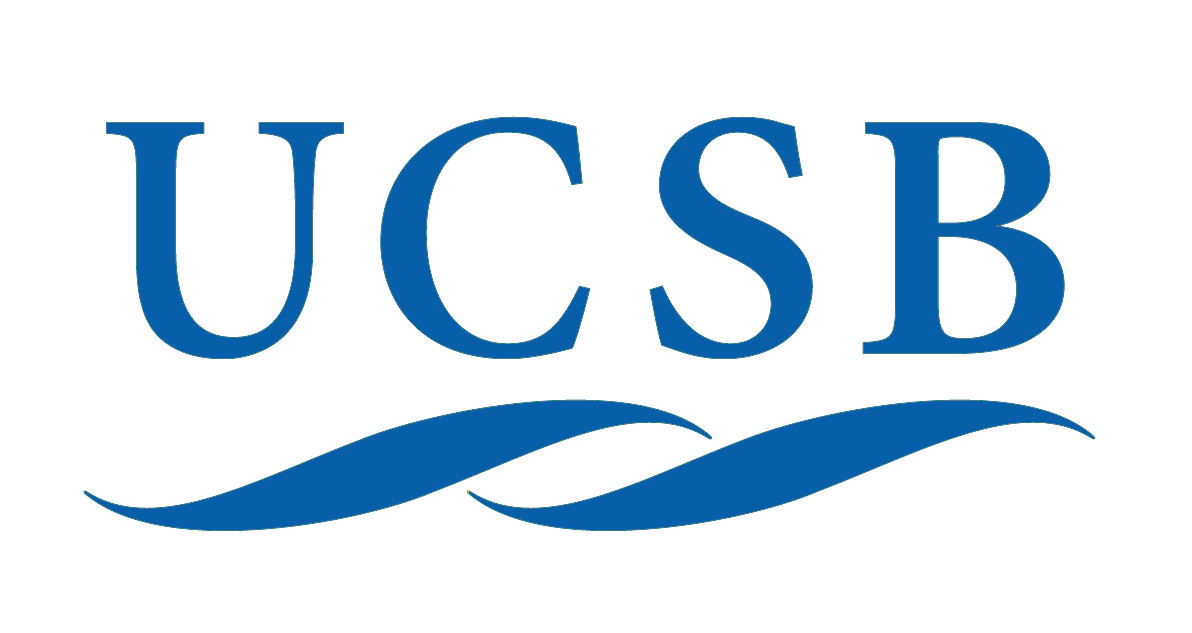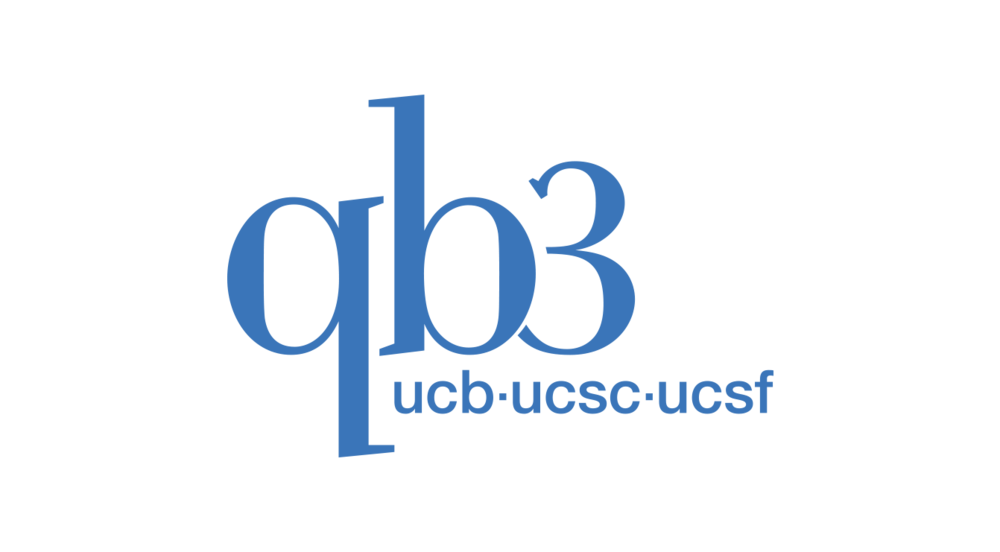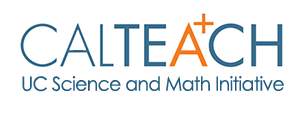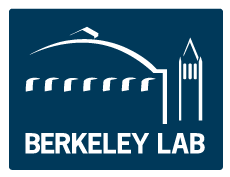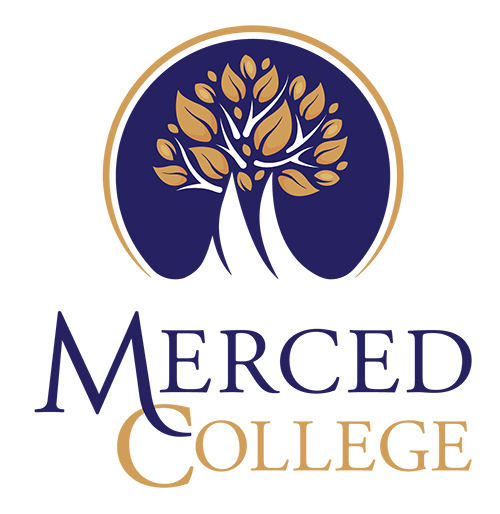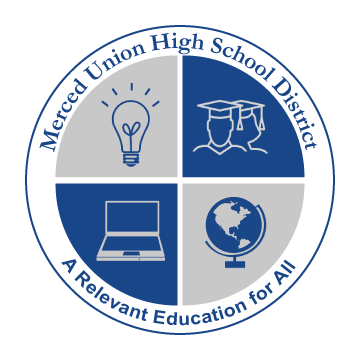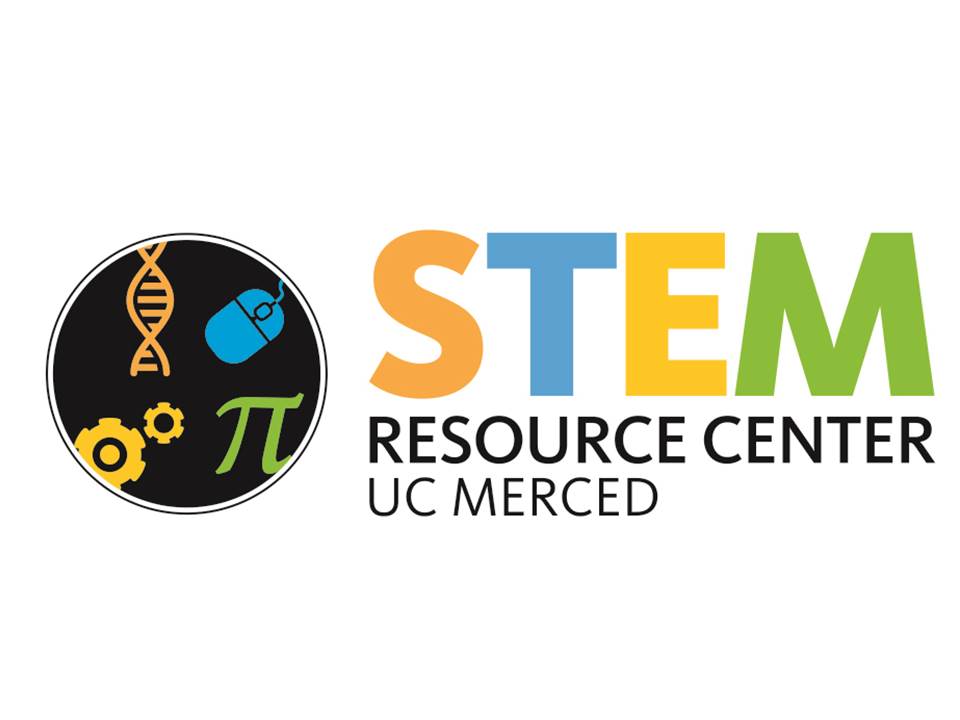CREST Science and Computing Research Summer Program
Students who have completed grades 8-12
- no cost to register -
In this session, participants will engage in computer-driven science research-oriented activities in a group setting, led by faculty and scientists in the National Science Foundation-funded CREST center at UC Merced, which focuses on engineering, biological science, physics, chemistry and computational science. Hands-on research-based activities, projects, lectures, interactions with scientists and engineers and lab tours will enable students to get a better understanding of what it is like to do science research and what it is like to be a scientist. Through these activities, students will get a glimpse into the importance of research computing that connects all aspects of scientific research.
Monday, July 1
9:00 am - 9:45 am, SE 1, 160, Introduction to NSF-CREST Center for Cellular and Biomolecular Machines / Computing Careers
9:45 am - 12:00 pm, SE 1, 160, Introduction to Scientific Computing; SE 1, 138 Ajay Gopinathan: "Introduction to Scientific Computing" - Physics-Based Simulations of Biological Systems: this session will have an overview of how computing is used in modern day science and cover some specific examples of simulations of complex biological systems ranging from molecules to tissue. The second part of this session will have hands-on activities where participants will be guided in working with interactive computer simulations to research phenomena ranging from disease spreading to the evolution of mimicry to the formation of flocks and swarms.
12:00 pm - 1:00 pm, SE 1, 160 / outside area, Lunch
1:00 pm - 2:00 pm, SE 1, 160 Shawn Newsam: “Computer Science: Computer Vision (But, I thought computer science was about programming)”
In this talk, I will describe the research area of computer vision which is a sub-field of computer science. The goal of computer vision is to get machines (computers) to understand the visual world similar to how humans do. I will show how much of computer science research is not about programming but developing mathematically based algorithms.
2:15 pm - 2:45 pm, SE 1, 160, Vaughan House Overview
2:45 pm - 3:00 pm, SE 1, 160, Discussion: Day’s Topics
3:00 pm - 4:00 pm, Start at SE 1, 160, Campus Tour
Tuesday, July 2
9:00 am - 10:00 am, Stem Cell Instrumentation Foundry Tour / Gopinathan and Newsam topics
10:00 am - 10:30 am, Jennifer Lu Lab Tour
10:45 am - 11:30 am, SE 1, 160, (Some) History of Scientific Computing
11:30 am-12:30 pm, outside area, Lunch
Wednesday, July 3
11:30 am - 12:00 pm, Lunch, outside area
12:00 pm - 1:00 pm, WAVE Tours with Fisher Dietz
Friday, July 5
12:00 pm - 1:00 pm, SE 2, 1st floor atrium, Lunch with a Scientist
1:00 pm - 1:30 pm, McCloskey Lab Tour with José Zamora
1:30 pm - 2:15 pm, SE 1, 160, Future of Scientific Computing
2:30 pm - 3:30 pm, SE 1, 138 Suhani Nagpal, “Protein Structure and Dynamics: Hands-on Activity” Seminar on proteins, discussing the basics of protein folding and biophysical techniques. A computational hands-on workshop using UCSF Chimera tool on understanding protein structure and dynamics.
3:30 pm - 4:00 pm, SE 1, 160, Discussion, Reflections, and Evaluation

